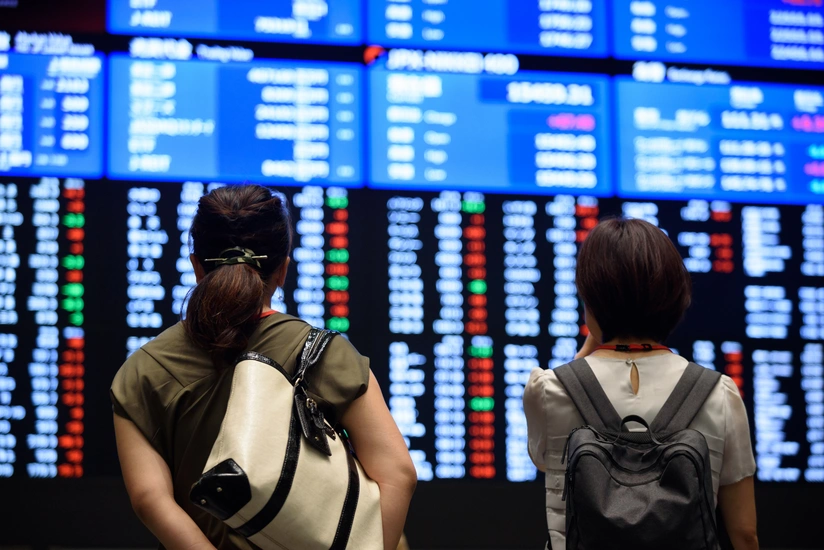Japan’s economy contracts in first quarter as consumer spending lags
- 16 May, 2024
- 04:24

Japan’s economy contracted in the first quarter as consumer spending notched its longest downward streak since early 2009, raising a challenge for the central bank’s plans to tighten monetary policy, Report informs via The Financial Times.
Falling corporate spending and exports contributed to GDP declining 2 percent on an annualized basis, more than projected by analysts, according to preliminary data released by Japan’s Cabinet Office on Thursday.
On a quarterly basis, the decline was 0.5 percent, after GDP was flat in the fourth quarter and fell 0.9 percent in the July-September period.
Household spending, which makes up more than half of Japan’s GDP, fell 0.7 percent from the previous quarter. That marked the fourth consecutive quarter of decline as consumers cut back on expenditures, with the weaker yen driving up food and energy costs. Corporate spending also fell 0.8 percent.
Economists said the latest disappointing data would present a challenge for the Bank of Japan, which is counting on a rise in wages and prices to put a lasting end to Japan’s battle to tame deflation and pave the way for interest rate rises.
The BoJ ended its era of negative interest rates in March, raising borrowing costs for the first time since 2007.
Labor ministry data this month showed Japan’s real wages, adjusted for inflation, fell 2.5 percent from a year earlier in March for a 24th month. BoJ officials are hopeful that strong wage increases promised by the country’s largest employers will reverse the trend later this year and drive a recovery in domestic demand.
“It’s hard to believe that consumption will become that strong,” said Yoshiki Shinke, chief economist at Dai-ichi Life Research Institute. “Even if real wages became slightly positive later this year, it’s not going to immediately lead to a boost in consumption. There is a possibility that people would use that money for savings rather than spending.”
The BoJ has come under pressure to increase the pace of rate rises, with the yen declining against the dollar despite the finance ministry spending an estimated $59bn to boost the currency from a 34-year low.
“If the outlook for prices is revised upward or if upside risks become high, it will be appropriate for the bank to make an earlier adjustment of the policy interest rate,” BoJ governor Kazuo Ueda said in a recent speech, noting that changes in exchange rates were more likely to affect prices than in the past.
The decline in first-quarter GDP was also caused by disruptions to car production following a safety test scandal at Toyota subsidiary Daihatsu and damage from an earthquake that struck the Noto peninsula on Japan’s west coast on New Year’s Day.
